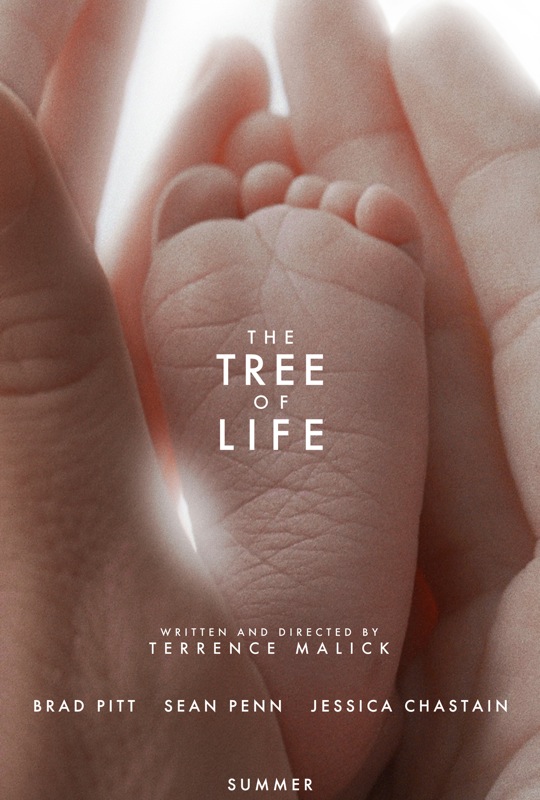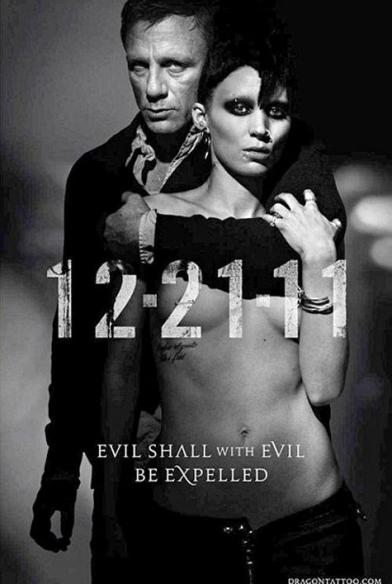
Warning- Spoilers Ahead
It's always interesting reviewing a film like Planet of the Apes, a film which has extended beyond a singular film in to a pop culture staple as well as an on going franchise, with Rise of the Planet of the Apes recently being released. You have to be able to step back and review the film as it stands, while at the same time acknowledging its iconic status and its place in film history. Planet of the Apes also a contradictory film; it's at once dated yet completely relevant to society, its star performance can be very hammy yet makes the film work, it's stagey while still havinng iconic imagery, and its overt in its social commentary yet still not preachy.
The film, based on a 1963 novel by Pierre Boulle, who also wrote the novel The Bridge on the River Kwai, and which became an Oscar winning film by David Lean, deals with three astronauts, George Taylor (Charlton Heston), Dodge (Jeff Burton), and Landon (Robert Gunner), who after time spent in hypersleep land on a mysterious planet ruled by apes who imprison humans. Dodge is killed and Landon and Taylor are captured. Taylor is shot in the throat and cannot speak, making him blend in with the other humans, who by nature cannot talk. I like how the film builds tension by having the audience know Taylor can talk but the apes not knowing. It gets the audience involved by really wanting Taylor to talk and show he's intelligent. Doctor Zira (Kim Hunter) believes he is intelligent and when he writes on a notepad "My name is Taylor," it makes Zira bring Taylor to the attention of her fiance Cornelius (Roddy McDowall), who has made expeditions to the "Forbidden Zone", where Taylor and crew crashed, and which we will later learn holds the secrets to the planet's past. Cornelius is skeptical that Taylor was able to survive in the Forbidden Zone and. the orangutan Dr. Zaius (Maurice Evans) wants to give Taylor an labotomy because he is afraid of Taylor's intelligence. When Taylor regains his speech, a trial takes place where Zaius tries to prove Taylor is some kind of mutant created by Zira. Ultimately it all leads to the Forbidden Zone where the real orgins of the planet of the apes is revealed.
Planet of the Apes can sometimes be a stagey film, particularly since quite a bit of the film takes place in cages or in a court room. Nevertheless director Franklin J. Schaffner does bring a cinematic quality to the proceedings. The hunt sequence, which introduces us to the bizarre world that is the planet of the apes, is still frightening and intense after all these years. It also gains effectiveness by being preceeded by a buildup where the three astronauts try to find some form of life. Without the title Planet of the Apes, we wouldn't know what was going to happen until we saw the apes. Even so, the buildup to the apes makes their eventual appearance more exciting. Taylor's attempted escape from the ape compound is also well executed and suspenseful, particularly when it captures the dizzying effect of being surrounded by apes.
Heston can be very hammy here, particulary with lines like "Take you stinking paws off me, you damn drty ape" and "You tore out his brain you bloody baboon" but there's something about Heston's performance which makes the film more fun to watch and suits the insanity of the world Taylor has found himself in. If any one line encapsulates this film its Taylor's "It's a Madhouse! A madhouse!" McDowall and Hunter are really good as the most compassionate apes Taylor meets. Evans conveys Zaius' fear of what Taylor represents as well as the power Zaius himself represents.
The reason why the film holds up, apart from its famous twist ending, is that The Planet of the Apes provides intriguing social commentary which is still relevant today. Watching the film again recently I picked up on the how the film comments on faith and religion. Taylor is proposed to be the missing link in an evolutionary chain, which is decried as scientific haresy by Zaius and the other orangutans. Science is allowed in this world but not if it implies something came before apes. Taylor calls the planet of the apes an "upside down civilization," and certainly film turns our society upside down. The apes treat the humans the way we treat apes, as less intelligent beings. We're the ones being hunted and being put in cages. As an audience, seeing ourselves in cages shows us cruel we as humans can be when we don't allow certain animals to be free.
Arguably the most important comment the film makes has to do with the character of Taylor. Throughtout the early part of the film we learn Taylor has given up on mankind.When he is narrating a message to Earth on the ship at the beginning he asks whether men still fight wars. He asks this because by Earth time its over a hundred years since the ship left Earth, even though the ship time is only a few months. On the planet he tells Landon he went on this mission because there was nothing keeping him on Earth and that he feels there must be something out there better than man. One gathers he's a bit of a misanthrope. I would argue he never finds something better than man because the apes are just as bad as men. He does seem to discover an appreciation, however, for mankind. When a talking human doll is found in the Forbidden Zone he tells Zaius something was here before the apes, and it was better than apes. Moreover, at the end of the film he discovers the top of the statue of liberty on the beach. He has been home all along and never did get away from Earth. He is devastated because he truly realizes all he has known is gone, and not for the better.
Taylor's arc, his eventual realization he is home, is very Twilight Zone-esque, which is appropriate considering Twilight Zone creator Rod Serling shares screenwriting credit with Michael Wilson and reportedly came up with the twist ending. I don't know how much of the script is Wilson's and how much is Serling's, aside from the ending, but the film never feels like it has two writers, the script works as a whole.
The original novel, which I read a number of years ago, actually had a different ending. The planet of the apes was not earth in the novel but when the astronaut Ulysse gets back to Earth he realizes it has been taken over by apes. This ending is similar to Tim Burton's 2001 reimagining of the series, which ended with Mark Wahlberg's character Leo Davidson landing in Washington only to find Abraham Lincolin's statue with the face of Tim Roth's General Thade. I think I prefer the film's ending, which pulls together the social commentary of the film and making a grand statement about our ability to destroy one another.
Planet of the Apes was followed by four sequels and they took the franchise in to fascinating directions, such as mutant humans underground who worship a doomsday device, Zira and Cornelius time travelling to Earth's past and their son Caesar becoming the leader of an ape revolutionary; but I think this film, with its simplicity yet penertrating social commentary, memorable performances, and of course its ending, which makes it the definitive journey to the planet of the apes.













